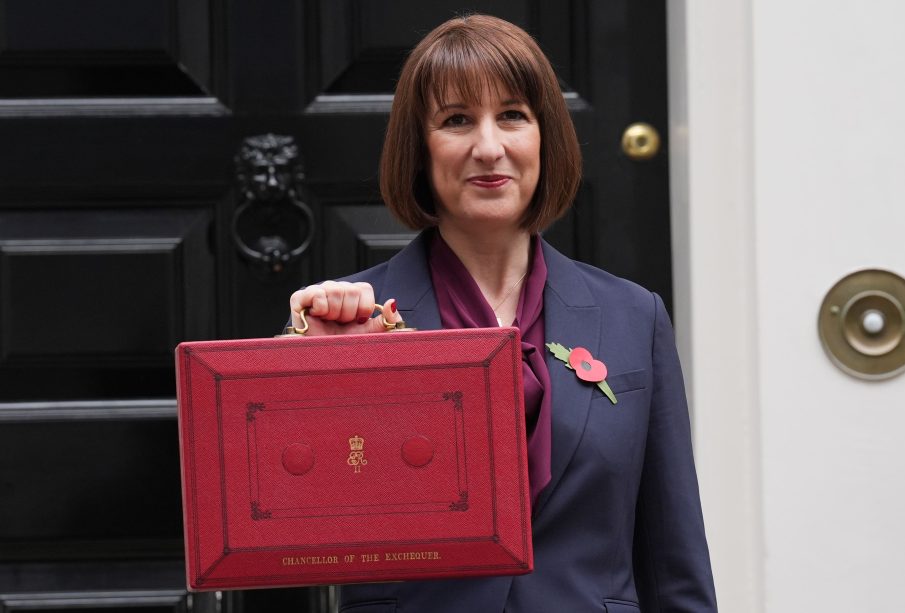Understanding the Reeves Tax Raid on Landlords

Introduction
The recent announcement by Labour Shadow Chancellor Rachel Reeves regarding a tax raid on landlords has generated significant discussion among property owners and renters alike. With the housing market facing various pressures, this proposal aims to address ongoing concerns over affordability and housing supply. Understanding the implications of such measures is crucial for both tenants and landlords, as it may reshape the landscape of the rental market in the United Kingdom.
Details of the Tax Raid Proposal
Rachel Reeves has put forth a plan that would target property owners who have benefited from rising real estate values, suggesting that they contribute more to the public purse. The proposal outlines an increased tax on profits made from buy-to-let properties and aims to funnel revenue into affordable housing initiatives. This move comes at a time when many renters are struggling with soaring rental prices, with a recent report indicating that average rents in London have risen by 12% over the past year.
The proposed tax adjustments seek to shift the balance between landlords and the growing population of renters who are finding it increasingly difficult to secure affordable housing in major cities. The Labour Party argues that subsidising affordable housing can stimulate the economy, provide homes for working-class families, and address the housing crisis faced by many.
Reactions from Landlords and Stakeholders
The response from landlords has been mixed, with some expressing concern about the additional financial burdens that increased taxes could impose. The National Residential Landlords Association (NRLA) has raised alarms, arguing that such measures could lead to an exodus of landlords from the rental market, compounding the difficulties faced by tenants looking for secure and stable housing.
Conversely, some housing experts and tenant advocacy groups are in support of Reeves’ proposal, believing it could help produce more affordable rental options and lead to a more equitable housing market. They argue that current tax breaks for landlords may exacerbate wealth inequality and make it challenging for new entrants to join the market.
Conclusion
The implications of the Reeves tax raid on landlords will likely remain a contentious topic as the Labour Party attempts to implement its policies in an evolving economic landscape. While the prospect of increased taxes on rental profits may indeed generate funds for affordable housing, the potential impacts on landlord participation in the market cannot be ignored. As discussions progress, both landlords and tenants should remain vigilant about how this proposal unfolds and its likely effects on the rental sector moving forward. The outcome of this initiative could significantly alter the dynamics of the housing market in the UK, shaping opportunities for future renters and investors alike.









